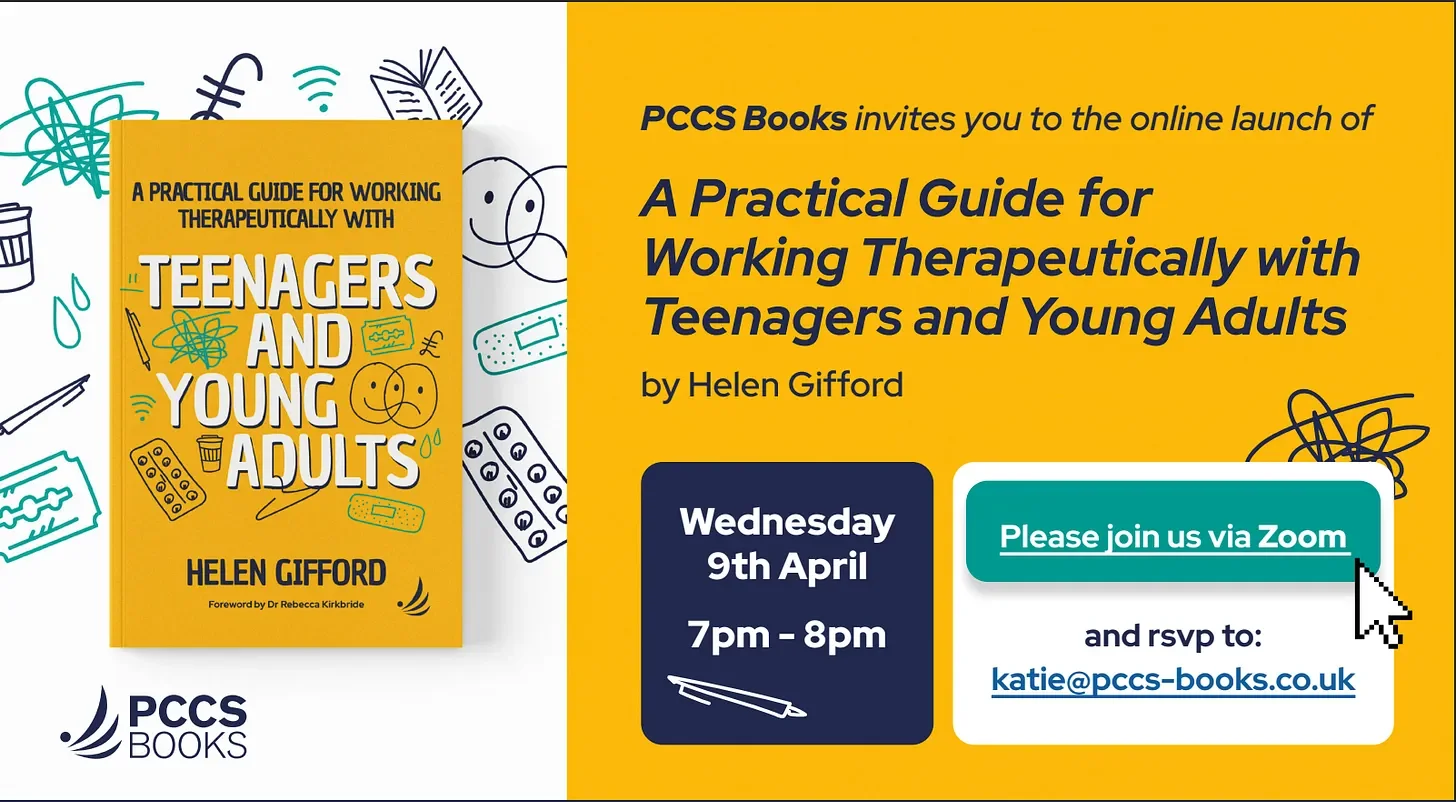The Overloaded Teen: Why We Need to Teach Rest, Not Just Resilience
The Daily Grind
Jain hadn’t slept well the night before. He wondered what had changed in the past few years - when he was 10, he’d fall asleep easily and wake up 10 blissful hours later, refreshed. Now, he lay there for hours, replaying every awkward decision he had ever made.
Rolling out of bed at 7:30 a.m., after hitting snooze three times, he half-heartedly brushed his teeth, sprayed deodorant, and wrestled with his hair to make it flick the right way. School started at 8:35 a.m., with only one crowded bus that could get him there on time.
Five lessons:
Maths - where he was desperately trying to hang onto the top set.
English - where Ms. Wilson would undoubtedly berate him for being behind on coursework.
Geography - where the teacher’s monotone voice melted his brain out of his ears.
Lunch - a 20-minute queue for soggy pasta while a soulless teacher shouted about uniform infractions.
Double Science - sitting next to the most annoying girl in existence, followed by a
Mandatory Revision session - (ironically, in the one subject he felt confident in).
By the time Jain got home at 4:30 p.m., he had just enough time to change before football practice from 5 to 6 p.m., which was fun but exhausting, especially trialling a new position in the freezing March air.
Then home for a shower and dinner before 7 p.m.
After loading the dishwasher and coming up with a couple of facts to share with his dad, it was 8 p.m. Already behind, he had two pieces of homework and revision for a test tomorrow.
As he trudged upstairs, his phone buzzed: 30 unread messages in the group chat. 50 in the football chat. He had only just been with them!
The temptation to ignore it all and crawl under the covers to watch Netflix was strong. But he didn’t. Instead, he opened his bag, and his apps, spending the next two hours bouncing between schoolwork and social life.
A night of tossing and turning. Rinse and repeat.
"But these are the best years of your life," his dad always said.
The Pressure to Do It All
As adults, we know how relentless modern life can be. We're told to work hard, stay productive, fit and healthy, push forward. But we're also now learning the importance of balance, that slow living, mindfulness, and self-care have become essential antidotes to burnout.
Yet, we expect teenagers to do it all: excel in school, keep up with homework, coursework, revision and extracurriculars, maintain friendships, be online, and prepare for their future - all with minimal downtime.
We tell them to work harder, stay focused, and be proactive. But do we ever teach them how to slow down?
Teaching Teens to Rest
Instead of just pushing productivity, we need to model and teach:
✔️ How to switch off without guilt
✔️ How to prioritise self-care and downtime
✔️ That “good enough” is sometimes enough
Small changes, like setting boundaries with technology, taking short breaks, and allowing moments of stillness, occasionally saying no to commitments and family and friends, can make a huge difference.
Teenagers are burning out before they even reach adulthood. It’s time we show them that rest isn’t a luxury, it’s a necessity.
(I say this fully aware that this is a journey I am still on myself!)
Want to Learn More?
If you're passionate about supporting young people’s well-being, follow me for more insights on mental health, self-care, and balance in our practice and our work with young adults.
Join Catherine Jackson and me in conversation for the launch of my new book:


